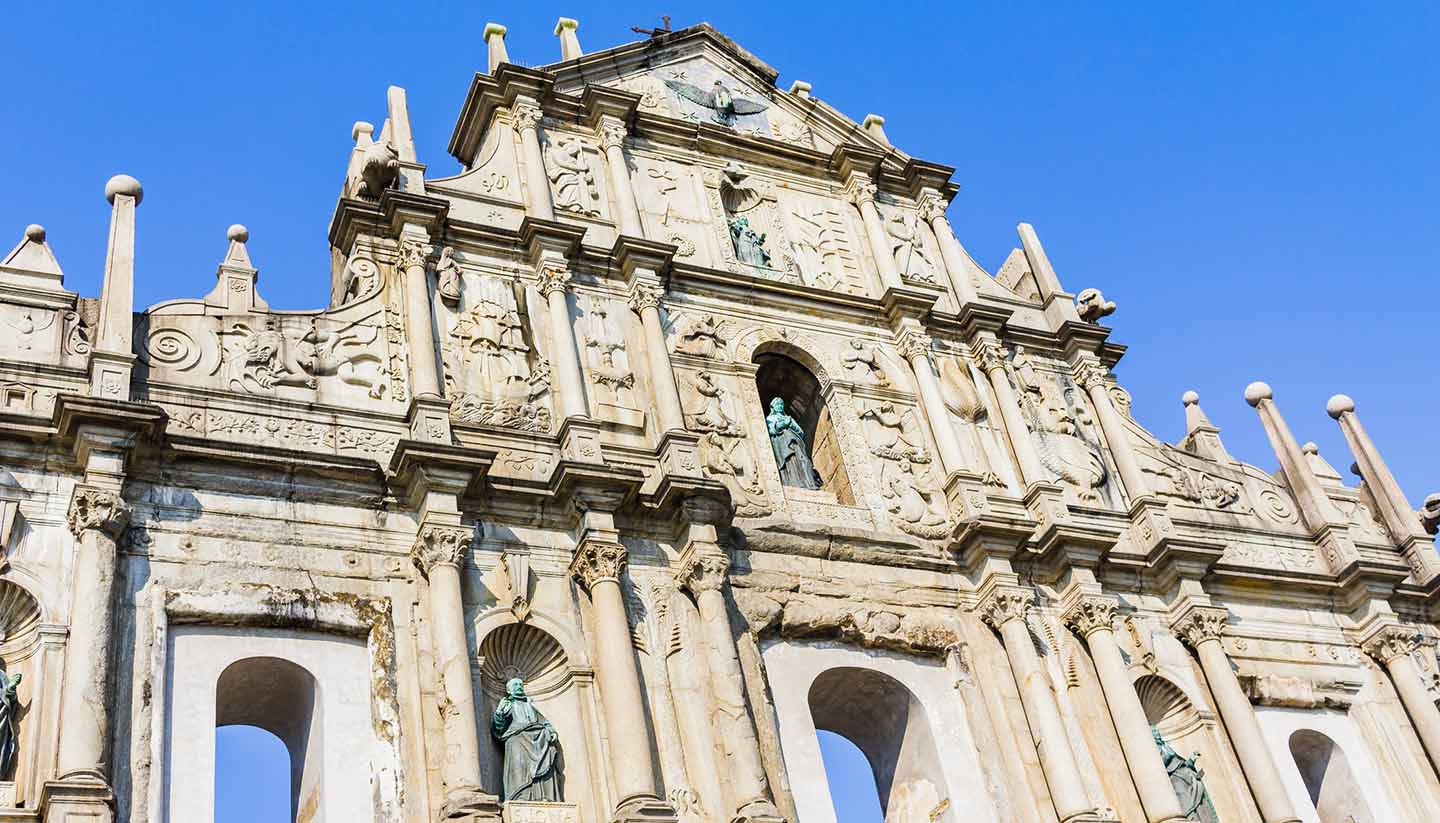Macau Health Care and Vaccinations
| Title | Special precautions |
|---|---|
| Yellow Fever | No |
| Typhoid | Yes |
| Tetanus | Yes |
| Rabies | Yes |
| Malaria | No |
| Hepatitis A | Sometimes |
| Diphtheria | Sometimes |
Health Care
Macau has a very good healthcare system, which is reflected by excellent life expectancy figures – in 2017 the life expectancy from birth was one of the highest in Asia, at 84.6 years, and the fourth highest in the world. The private healthcare sector is expanding rapidly, partly thanks to government subsidies (under which vouchers are issued regularly to all permanent residents, to be redeemed at private health facilities).
The trend has also been fuelled by provision of private healthcare as part of benefit packages offered to workers. In addition, traditional Chinese medicine is not usually available within the public system and so many people are willing to pay to receive it privately. There is still no western-style medical school in Macau so all doctors working in Macau have qualified overseas.
Tourists are not covered by the government healthcare scheme and therefore have to pay for any treatment required. This can be expensive, particularly if a hospital stay is required, and so insurance is recommended. Macau’s main public hospital is the Hospital Conde S. Januário (tel: +853 2831 3731; www.ssm.gov.mo), located in the Estrada do Visconde de S. Januário on the peninsula. The main private hospital, the Hospital Kiang Wu is also on the peninsula on Estrada Coelho do Amaral. In 2006 the Macau University of Science and Technology Hospital (tel: +853 2882 1838; www.uh.org.mo/en) opened in Cotai. More recently, the opening of the Malo Clinic Health and Wellness medical spa, at the Venetian casino resort, suggested tentative steps towards attracting the lucrative international medical tourism market (which is a major contributor to the economies of some countries in the region, such as Singapore).
Pharmacists may be able to help with non-urgent medical problems, and branches of Watson’s and Manning’s can be found throughout the territory. For emergency medical services, dial 999 (although 112 can also be used).
Food and Drink
Tap water is generally regarded as safe, but bottled water may be advisable for the first few days of a visit. Milk is pasteurised, but avoid dairy products which are likely to have been made from unboiled milk. As in many countries it’s safer to avoid raw vegetables, reheated foods and shellfish. Wash or peel fruit.
Other Risks
Before travelling, visit a doctor or travel health clinic for up-to-date advice on health risks. Japanese encephalitis may occur between April and October. Immunisation against hepatitis B and tuberculosis is sometimes recommended.
There is not considered to be any risk of catching malaria in Macau, but dengue fever incidents are not unknown. Like malaria, dengue fever is spread by mosquitoes, and symptoms include a rash, fever, headaches and pain in muscles and joints. In extreme cases the disease can become life-threatening. The risk should be minimised by reducing exposure to mosquito bites, by covering up and using a repellent; there is no vaccination currently available against dengue fever. Local brands of repellent are usually citronella-based, so bring your own DEET-based repellent.


